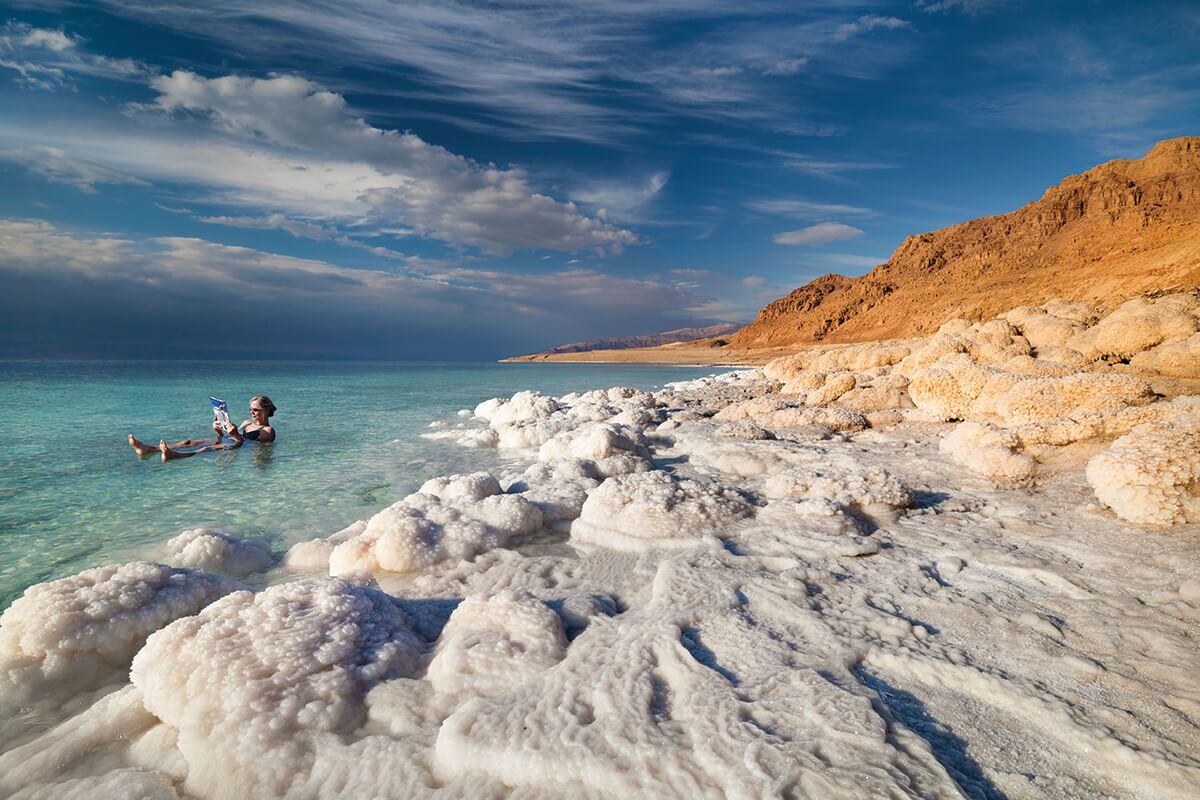Abstract
Background: Vitiligo is an acquired idiopathic skin disorder characterized by depigmented macules and patches. Despite many therapies available today, treatment of vitiligo remains a challenge. Preliminary reports cite encouraging results for Dead Sea Climatotherapy (DSC) in vitiligo patients.
Objective
To evaluate the efficacy of DSC in 436 patients suffering from vitiligo.
Methods
Files of 436 vitiligo patients, who were treated by DSC between the years 1997 and 2005 at the Deutsches Medizinisches Zentrum (DMZ) Medical Center, were retrieved for analysis. Climatotherapy, including gradually increased sun exposure following a sea bath, was administered in accordance with a computer-designed protocol. Age at vitiligo onset, skin phototype, skin involvement, duration of disease, as well as timing and duration of DSC were recorded. Logistic regression was used to estimate the effect of each one of the parameters analysed on the treatment's success.
Results
Following treatment, 3.9% of patients demonstrated total or significant repigmentation (defined by more than 50% repigmentation in more than 50% of the lesions); 81.4% showed good repigmentation; 13.1% showed no repigmentation but their vitiligo spots were pink-colored and 1.6% appeared not to be affected at all by DSC. Patient response to the treatment was inversely proportional to the size of the affected area. A negative correlation was found between duration of the vitiligo and the clinical short-term response to DSC. In addition, the longer the stay at the Dead Sea the better was the result.
Conclusion
Climatotherapy at the Dead Sea is an effective treatment modality for vitiligo. Disease duration and severity, as well as length of treatment, were the main factors found to favourably influence the clinical response.


0 Comment